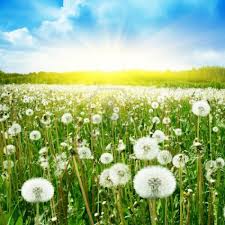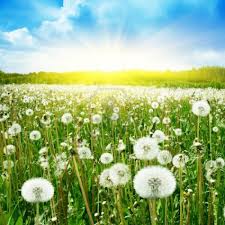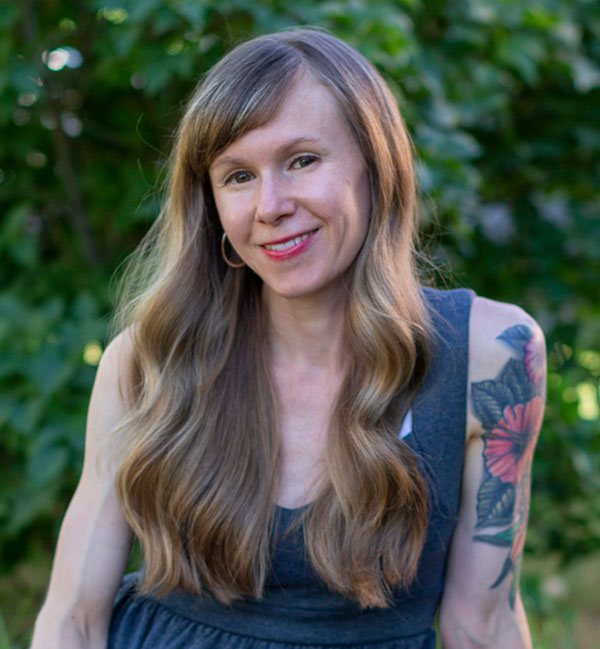 As with most conditions in Ayurveda, allergies can be divided into the three subtypes of Vata, Pitta, and Kapha. By discovering which allergy type you are prone to, you will uncover the proper line of treatment that is needed.
As with most conditions in Ayurveda, allergies can be divided into the three subtypes of Vata, Pitta, and Kapha. By discovering which allergy type you are prone to, you will uncover the proper line of treatment that is needed.
The type of allergy occurring in an individual usually will correlate with their specific body type, or Prakrtti, their environment, and the current season. For example, a Kapha type individual will naturally be more prone to Kapha type allergies and will be especially susceptible during the Kapha time of year (late Winter/Spring).
Finding out which category you fall into is the first line of treatment for becoming allergy-free. Here is a general list of some common signs and symptoms that pertain to each dosha. Find out which allergy type you fit into, and begin your journey to becoming allergy-free today!
Vata Type Allergies
Vata type allergies are most prevalent in the transitional Fall and Spring seasons. They are aggravated by dry, windy, and cold climates and tend to worsen with the presence of dry dust and dander. Some common occurring symptoms include:
- Headache
- Wheezing
- Shortness of breath
- Sneezing
- General muscle aches
- Dry cough
- Dry eyes
- Dry nose and sinuses
- Dry, itchy skin
- Dry, hoarse throat
- Gas, bloating
- Restlessness
- Nervousness, fear, and anxiety
- Heart palpitations
- Insomnia
- Nightmares
Pitta Type Allergies
Pitta type allergies will be seen most during the late Spring and Summer months. They are quite aggravated in hot climates and direct sunlight. Pollen is usually a strong instigator for this allergy type. Some prevalent signs and symptoms include:
- Rash, hives
- Inflammation of the skin
- Inflammation of the respiratory tract
- Inflammation of the sinuses
- Sharp headache, usually in the temporal region
- Burning, red eyes
- Eczema, psoriasis, or dermatitis
- Nausea
- Vomiting
- Anger and irritability
Kapha Type Allergies
Kapha type allergies tend to occur predominantly during the late Winter season and throughout the Spring. These allergies are further increased in cool, damp environments. Mold is a common culprit in the manifestation of this allergy type. Some common signs and symptoms of Kapha type allergies include:
- Sinus congestion
- Stuffy nose
- Runny nose
- Watery eyes
- Sneezing
- Overall feeling of heaviness
- Dullness in the mind
- Excessive mucus
- Swelling of the face and extremities
- Lethargy
- Asthma due to congestion
- Consistent postnasal drip
- Wet cough
Before beginning an Ayurvedic treatment plan, it is mandatory to find out your present allergy type. If you still are not sure which category you fall into, it would be beneficial to consult with a knowledgeable Ayurvedic Practitioner in your area. If you feel confident in your allergy type, please read on to my next article, “Simple Ayurvedic Remedies for Allergies” and find some relief today!



Hi what kind of allergy is meant. Pollen/dust allergy or food allergy or both?
Hi Umm Sara,
Thank you for this great question! This would go for any type of allergy, whether food or environmental. The main factor to look at would be the symptoms related to the allergy. For example, Pitta-type allergies will manifest with excessive heat and inflammation, while Kapha-type allergies will bring on more mucus and congestion. It does not matter if it is coming from an internal or external source.
Even the season can provoke more sensitivity to allergies of all kinds since certain doshas are more prevalent during certain seasons, which makes them more reactive to stimuli of all natures.
Let me know if you have any further questions!
Many blessings,
Danielle